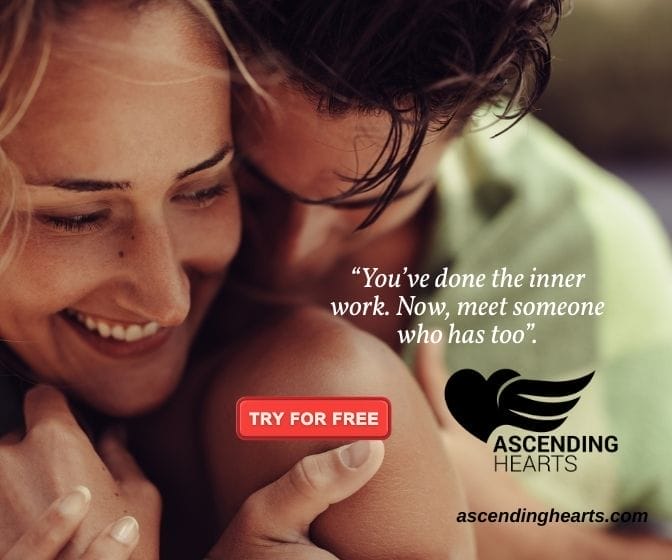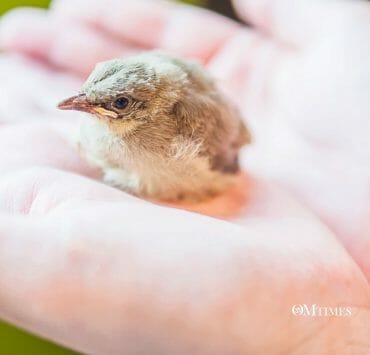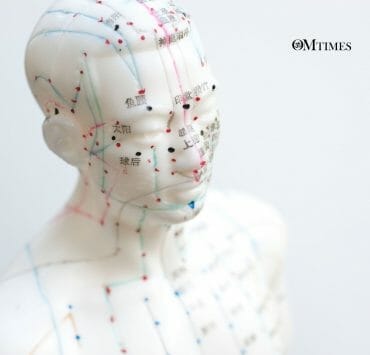Is Loneliness Driving You to Addiction?

Reports have been coming out lately about the rising rates of addiction since the Covid-19 pandemic began, and it’s no surprise.
Is Loneliness Driving You to Addiction? Here are Two Simple Strategies!
Covid restrictions lead to addictions:
Reports have been coming out lately about the rising rates of addiction since the Covid-19 pandemic began, and it’s no surprise. As people are struggling with uncertainty and loss and feeling more and more out of control in their lives. Understandably, they’re turning to comfort food, alcohol, and drugs to cope.
It’s challenging these days because along with the fear of becoming ill, the fear of our loved ones becoming ill, or the financial strain, the job stress, and the grief over what – and who – we’ve lost, we’re more lonely and isolated than ever before. A recent Ipsos poll shows that more than half the Canadian population feels lonely and isolated these days.
Paradoxically, the best way we can cope with stress is by surrounding ourselves with people who care. Within our family, our circle of friends, and our community, we find the support that gets us through the most challenging times. But when the Covid-19 restrictions are depriving us of this healthy way of coping, inevitably, we’re turning to less constructive ways of dealing with our stress.
Phone calls and video chats are better than nothing, but they’re not the same as face-to-face meetings. In part, it’s because there’s no possibility of touch, and touch provides us with a powerful sense of intimacy and comfort. A warm hug, a gentle hand on a shoulder, a soothing caress all of these gestures are missing from our “new normal.”
People are starved for touch:
Since the pandemic began, many of us have been experiencing touch deprivation. We’re missing out on the emotional and mental health benefits that gentle touch can bring.
But even aside from the lack of touch, people are lonelier and more isolated than ever. According to former US Surgeon General Vivek Murthy, loneliness became a severe problem even before the pandemic began. Now, with the social restrictions, it’s become even worse. Virtual contact might help a bit, but it doesn’t put a dent in the profound loneliness people feel.
We need to be in the presence of those who care – and it’s the one thing we can’t have. So, given that our most important emotional support source is currently restricted, it’s not surprising that we’re defaulting to addiction.
What do we do, then, when we’re lonely, but we can’t be with our loved ones? We have to find other ways to cope.
Here are my two simple strategies for dealing with loneliness during the pandemic:
Deferred gratification
Deferred gratification is the ability to put off our pleasure-seeking or comfort-seeking behavior for later. It’s the ability to wait for what we want rather than indulging ourselves at the moment.
Deferred gratification is a high-level coping strategy that’s used by the most successful people in our society. I used it a lot during medical school. I’d study intensely for an exam, and then afterward, I’d reward myself with something nice. That’s how I was able to get through those grueling four years.
Successful CEO’s, professionals, and entrepreneurs understand deferred gratification. They know that they have to make sacrifices today for a pay-off tomorrow.
Covid-19 is an unprecedented situation, but for those familiar with deferred gratification, it’s also an opportunity to practice this skill. We understand that we have to hunker down and give up what we want at the moment to successfully navigate the pandemic right through to the end.
With deferred gratification, we can see the big picture and recognize that there will be other family gatherings, other sports games, other dinner parties down the road. Right now, the most important thing is to keep ourselves, our loved ones, and our communities safe—this way so our cities can reopen and our economies can start up again.
Deferred gratification is not the same as abstinence. Abstinence is about forever giving up the thing we want; deferred gratification is about waiting for the right time and the right circumstances to finally have what we want.
Successful self-soothing
My other strategy for coping with the loneliness of the Covid-19 restrictions is successful self-soothing. Instead of numbing ourselves through over-eating, drinking, or using drugs – what I call “unsuccessful self-soothing” – we can compassionately recognize our feelings of hurt and loss and give ourselves the real emotional comfort we need right now.
In my book, Emotional Overeating, I go through the four simple steps to successfully self-soothe to feel better and break free from overeating or any other addiction.
Whether you’ve been fighting off your urges or giving in to them, this book will help you deal head-on with the needs and feelings underlying your cravings so that you can beat the urges and be free of addiction, once and for all.
Instead of letting your loneliness due to Covid restrictions drive you toward obesity, you can work the four steps and be free of cravings forever. In the book, I walk you through each of the four steps so that you can get the most out of the process.
More about Addiction
The four steps to overcoming addiction are:
Face your needs and feelings head-on
Grieve your hurts and losses
Give yourself the love and validation you deserve
Silence the negative self-talk
The false solution for addiction:
In my years as a psychotherapist, I’ve dealt with innumerable people who’ve struggled with addiction. I’ve seen how their habits were the “false solution” to their unmet emotional needs and unhealed emotional wounds. I’ve taught them how to overcome their addictions by giving themselves the love and healing they really needed.
Overcoming addiction was no longer a “one-day-at-a-time” battle but rather, a simple act of substituting the “false solution” of addiction for the real solution found by working the four steps.
Another thing I discuss in the book is how addiction creates a vicious circle of craving and using: when we over-eat, drink to excess, or use illicit drugs, these substances cause the release of the brain chemical dopamine. Dopamine gives us an instant rush of euphoria, but it also increases our cravings.
The more we use, the more we crave, until we become trapped in the vicious circle of addiction. That’s one reason why stopping a substance cold turkey can help overcome addiction.
But we can’t stop eating, so with food addiction, abstinence isn’t the solution. We have to deal with our deeper feelings and needs. To overcome over-eating, we have to learn how to self-soothe successfully.

Loneliness is detrimental to your mental health:
Loneliness is painful and bad for your mental health. Deferred gratification and self-soothing are two simple strategies to help you get through the Covid-19 restrictions without succumbing to addiction.
And if you feel like it’s too much to deal with on your own, please don’t hesitate to reach out to a counselor or therapist who can help you develop these two strategies for coping successfully with these trying times.
Click HERE to Connect with your Daily Horoscope on OMTimes!
Visit Our Astrology Store for Personalized Reports
You will also enjoy 7 Tips to Deal with Pandemic Anxiety
About the Author
Marcia Sirota MD FRCP(C) is a board-certified psychiatrist, that does not ascribe to any one theoretical school. Rather, she has integrated her education and life experiences into a unique approach to the practice of psychotherapy. She considers herself a realist with a healthy measure of optimism. Sign up here for her free monthly wellness newsletter. Listen here to her latest podcast. mariasirotamd.com
Click here for my latest online course on How to Handle Difficult People, Once and For All.
Dr. Marcia Sirota is a Toronto-based board certified psychiatrist specializing in the treatment of trauma and addiction, as well as founder of the Ruthless Compassion Institute, whose mandate is to promote the philosophy of Ruthless Compassion and in so doing, improve the lives of people, everywhere.






